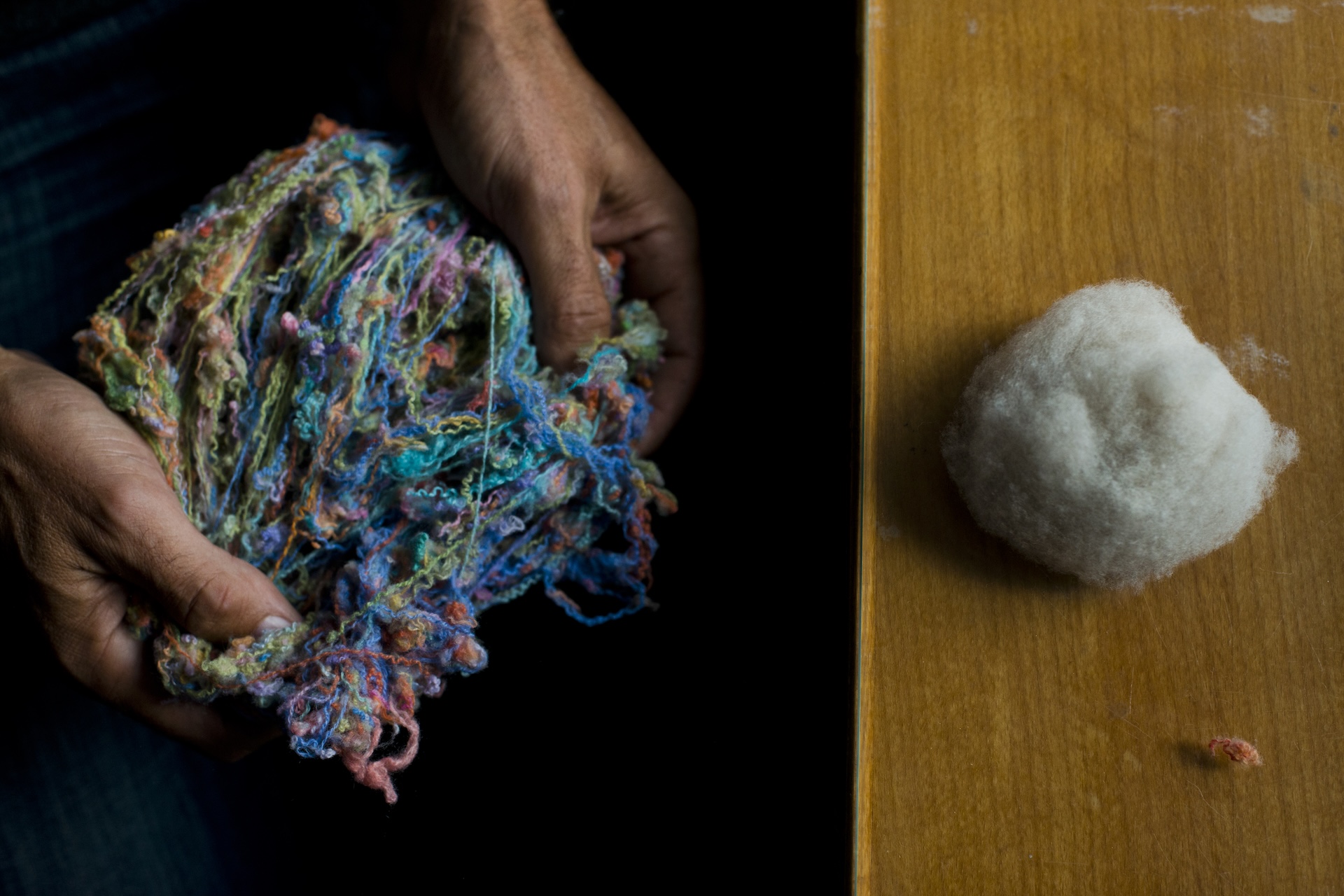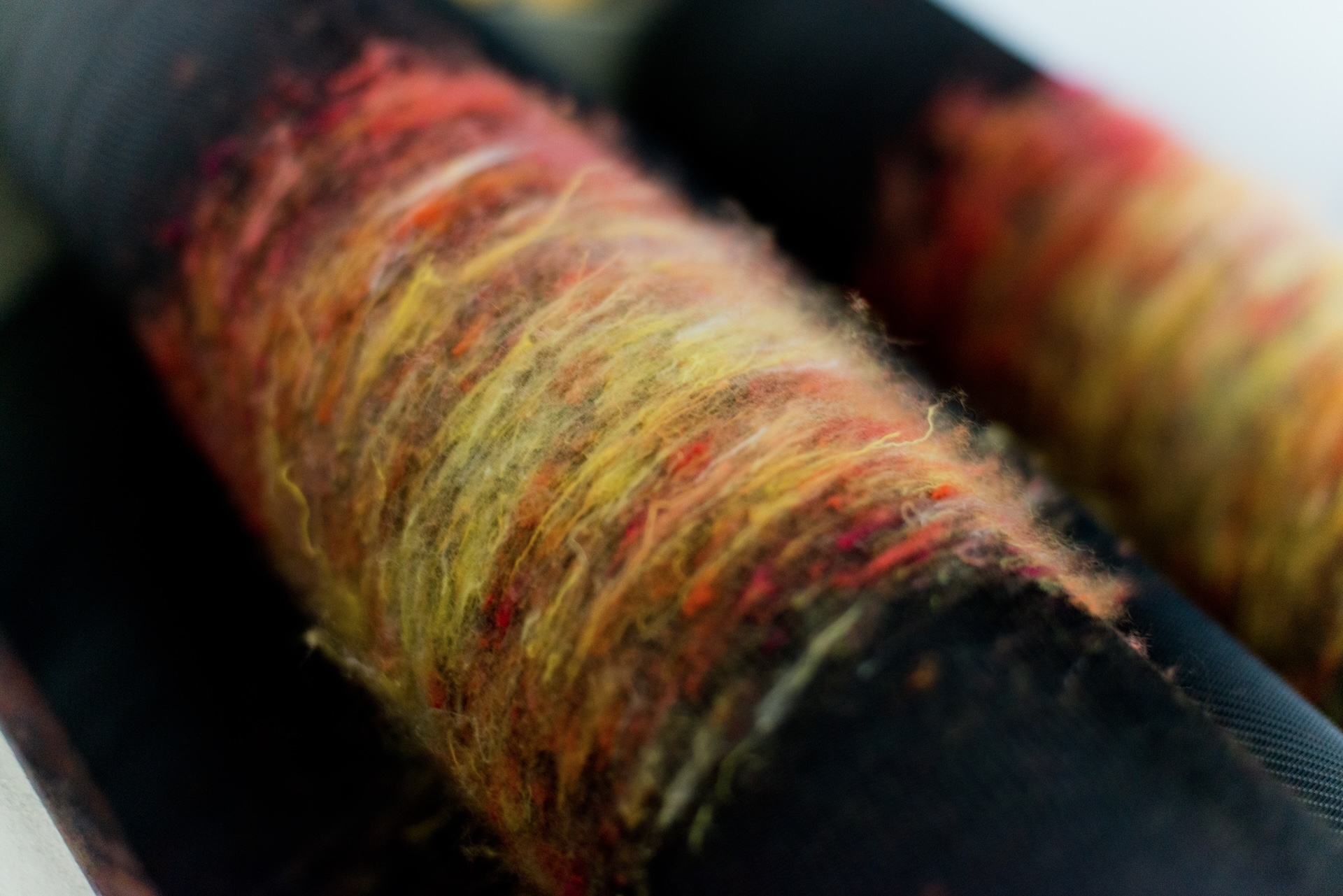Consorzio Italiano Detox
C.F. / P.I. 02370570976

Sustainability—in its environmental, economic, and social dimensions—is now an essential element across all sectors, becoming an increasingly important criterion for end consumers as well. The fashion industry is no exception, making sustainability a fundamental requirement.
In 2015, the United Nations launched the 2030 Agenda for Sustainable Development, an ambitious action plan aimed at promoting human well-being, protecting the planet, and ensuring global prosperity. The initiative was endorsed by 193 UN member states and is structured around 17 Sustainable Development Goals (SDGs), which include 169 specific targets to be achieved by 2030.

On March 30, 2022, the European Strategy for Sustainable and Circular Textiles was also approved—a comprehensive document that addresses a wide range of topics and outlines a path to guide the textile and fashion sector toward a concrete and meaningful ecological transition.
Sustainability is the result of conscious behaviors adopted both by individuals and organizations aiming to achieve concrete and lasting outcomes over time. The term “sustainability” itself comes from the verb “to sustain” and evokes the idea of maintaining a stable balance in the long term.
In this context, sustainable textile production is based on the collective responsibility to act efficiently and mindfully, addressing crucial aspects such as energy use, the reduction of harmful emissions into the environment (soil, water, air), and the improvement of quality of life—both individually and socially. It is, therefore, about promoting a transformation that involves the three fundamental pillars of sustainability: environmental, economic, and social.
For CID and its members, sustainability management within fashion supply chain companies represents a true production model based on collaboration between businesses, research institutions, universities, non-profit organizations, schools, and professionals. This approach translates into a shared commitment to:
In this way, sustainability becomes not just a goal, but a working method integrated into the production and organizational choices of the entire sector.
In line with this vision, in December 2022, the textile companies participating in the Consorzio Detox adopted a Code of Ethics based on principles of fairness and integrity in business and professional relationships.
This commitment reflects the awareness that, in a more mature and responsible industrial system, competitiveness must be built on integrity and transparency.
Would you like to learn more about CID’s activities or start transforming your textile production towards environmental sustainability?

Even during pauses, our commitment to sustainable fashion continues. Thank you for supporting a more responsible future!
You can return to our site with a simple scroll or click.